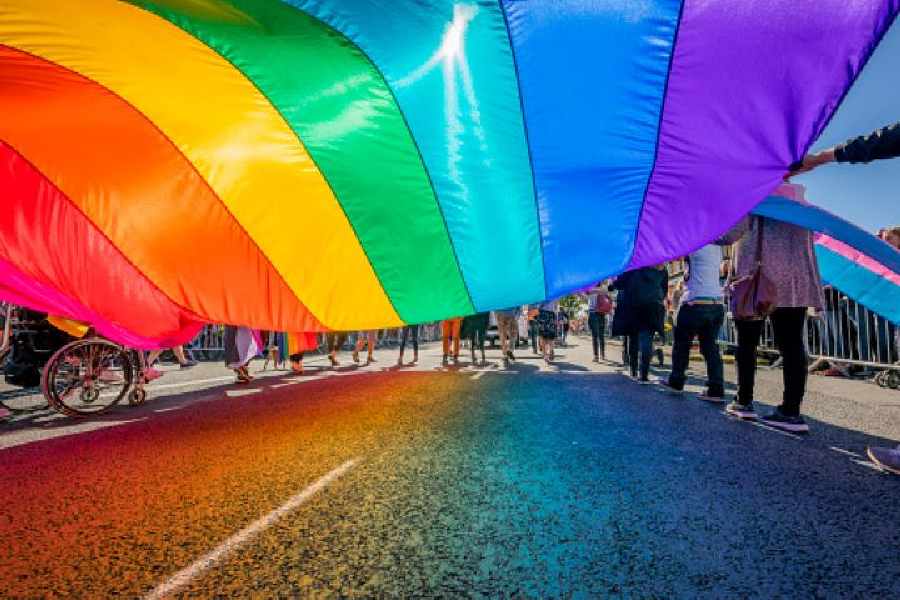It was our first marketing lecture in our MBA course. We were asked to prepare a 20-question truth table for a match-making company. The match-making company would use it to register a new client whose likes and dislikes would be recorded to generate a shortlist of matches. The parameters included were the usual suspects — education, language, profession, income and so on. All my classmates got an A. I flunked as I took a contrary view and had 21 questions in the truth table. I needed an extra question as my first question was, ‘Do you like men or women?’
Times were different in 1982. The ‘inappropriateness’ of the question cannot be fathomed by today’s Tinder-weaned generation. Terms like same-sex marriage and LGBTQ had not been coined yet. I remember the incident being a talking point in the hostel mess — I received my share of ridicule and, surprisingly, some appreciation from my classmates. But the professor’s reaction was rather gratifying — he saw the reasoning in my submission, reversed the grading, and gave me an A.
A quarter century later, I happened to be in London taking a stroll in the Haymarket area. Suddenly I saw the road being cleared of vehicles. I learnt that the road was being cleared for the Gay Pride parade. Only later did I get to know that Gay Pride was an important annual event to celebrate the LGBTQ way of life in London’s cultural-events calendar. Not knowing what to expect, I stood there leaning against a sidewalk railing. But when the floats and the artistes on foot started appearing, it seemed all of humanity — representative of gender, colour and sexual inclination but in defiance of societal norms — was parading down the street.
Five years from then, I was driving back from work when a Facebook message flashed on my mobile screen. It was a post from my college-going, hosteller son and it said, “Ok, I need to say this — I like boys.” The post’s suddenness, not its content, had an impact and I thought through my possible reactive steps. The phone rang — it was my son. He said, quite casually, “If you have seen the message, ignore it. It was a prank played by a friend who found my laptop in an unlocked state. And I have deleted the message.” That was the end of the encounter and my next half-hour was spent explaining the situation to a couple of family members who had seen the post.
I could not help but reflect on these encounters as I read the Supreme Court judgment on same-sex marriage. The verdict, it had been anticipated, would have significant ramifications for LGBTQ rights in India. But the judgment pleaded the court’s inability to legislate and gave a set of directions to the Union government, asking the latter to constitute a committee that would explore the rights and the entitlements of persons in same-sex unions that would continue to be legally unrecognised as well as carry out sensitisation programmes to promote understanding and acceptance of LGBTQ persons.
That the judgment was delivered within one year of the filing of the case and the court’s recognition of the rights of LGBTQ persons to equality, non-discrimination, and dignity were positives. But the judgment fell well short of the expectations of the LGBTQ community. The ball is back in the legislature’s court. Our legislators get elected by and work for their constituencies. Unfortunately, the LGBTQ community does not make for a numerically significant constituency. Thus, there is little hope that laws will be made for the legalisation of same-sex marriage in the near future.
The situation and mindsets do not seem to have changed much since the first encounter described above. We are in the not-so-august company of 155 countries out of 190 that have not legalised same-sex marriage. The 35 approving countries include even a theological State like Israel while the list of disapproving countries includes conservative Islamic countries and Italy that has a right-wing regime.
Is that something we should take pride in? Why cannot the LGBTQ community live with dignity?
Dev Baul is a blogger and writer; devbaul.blog@gmail.com











